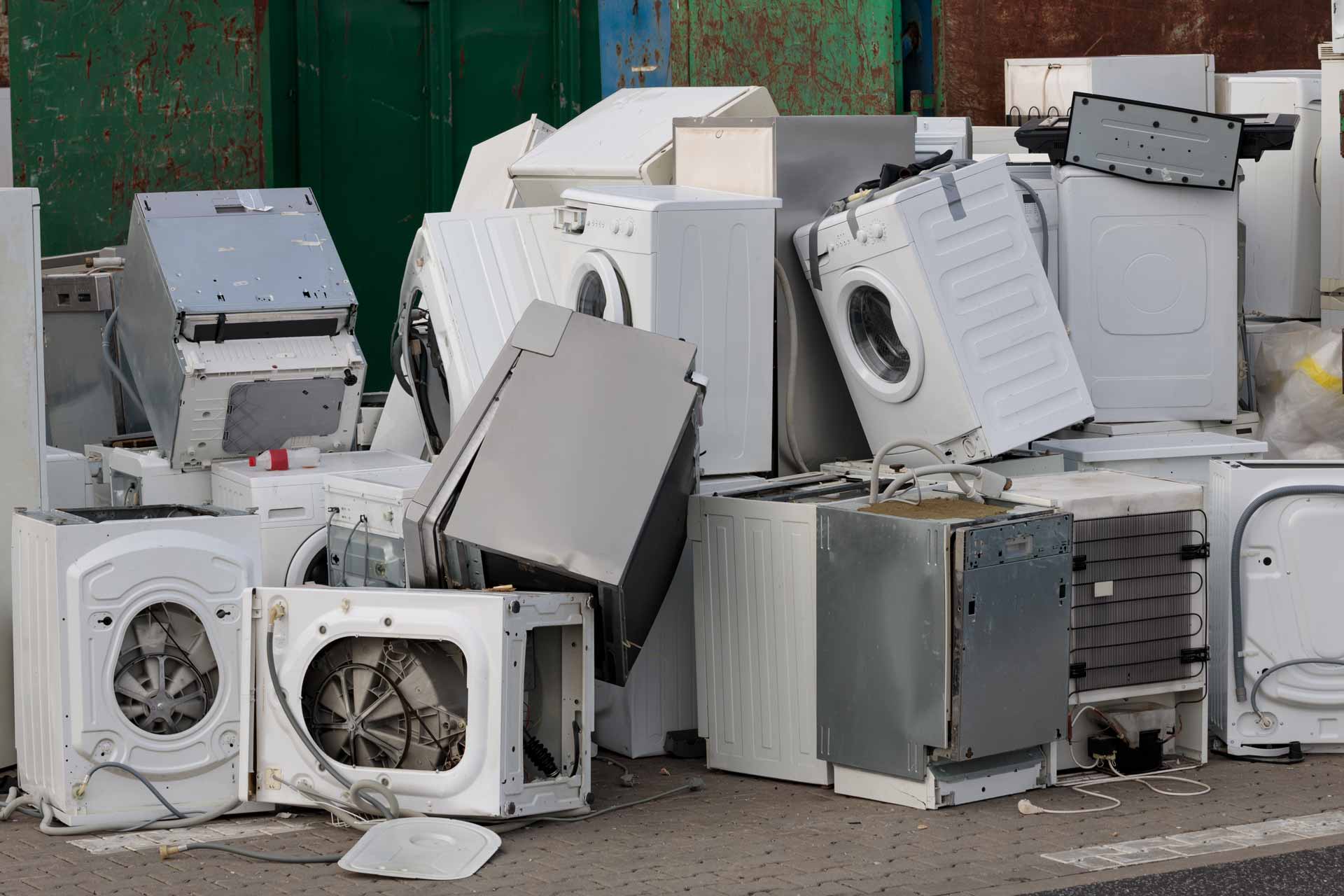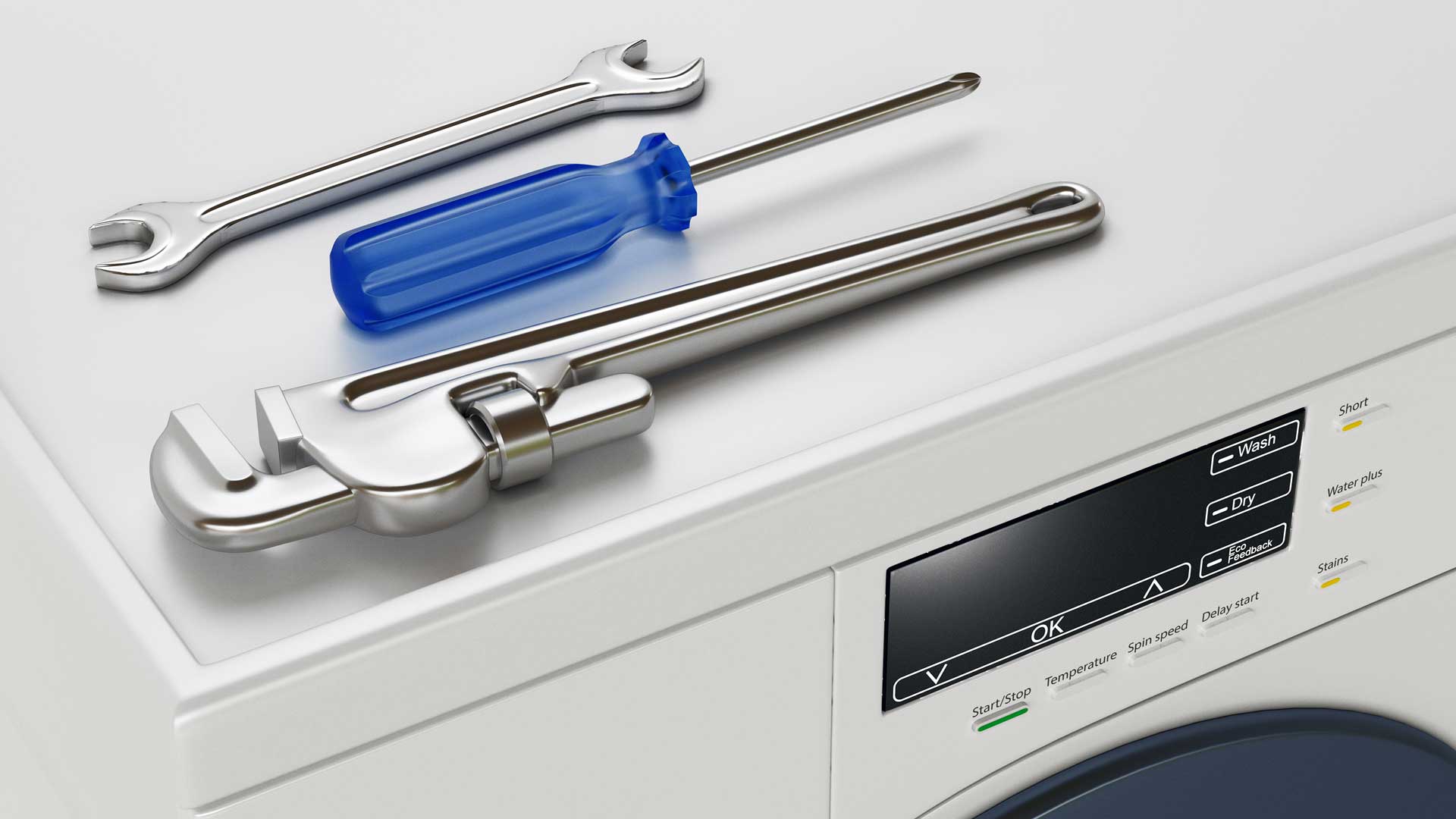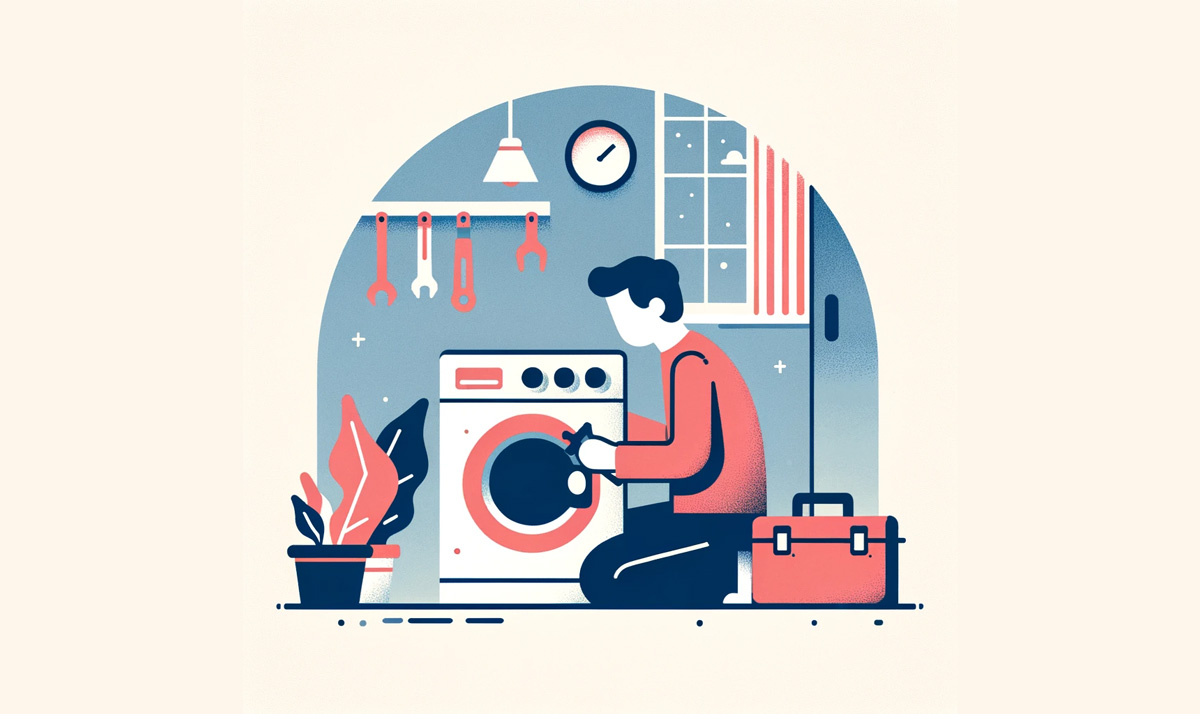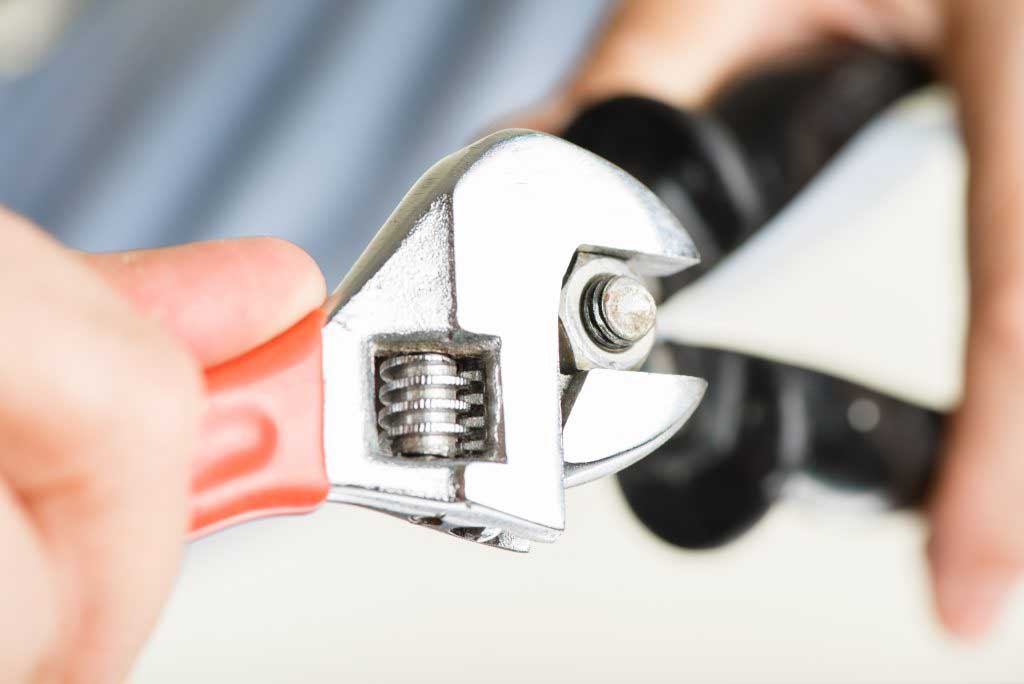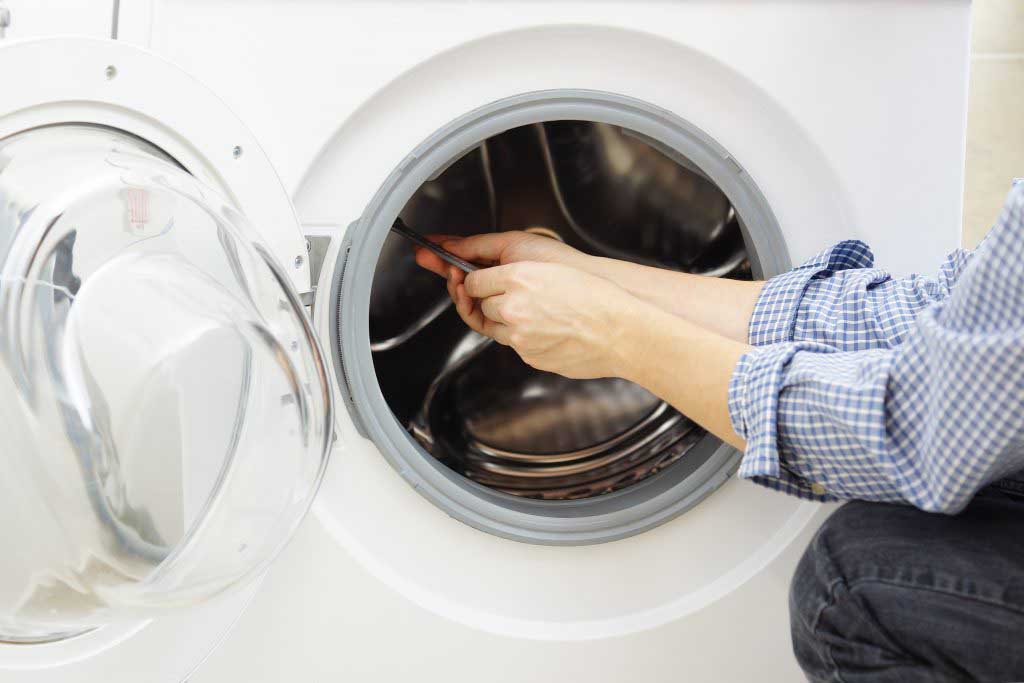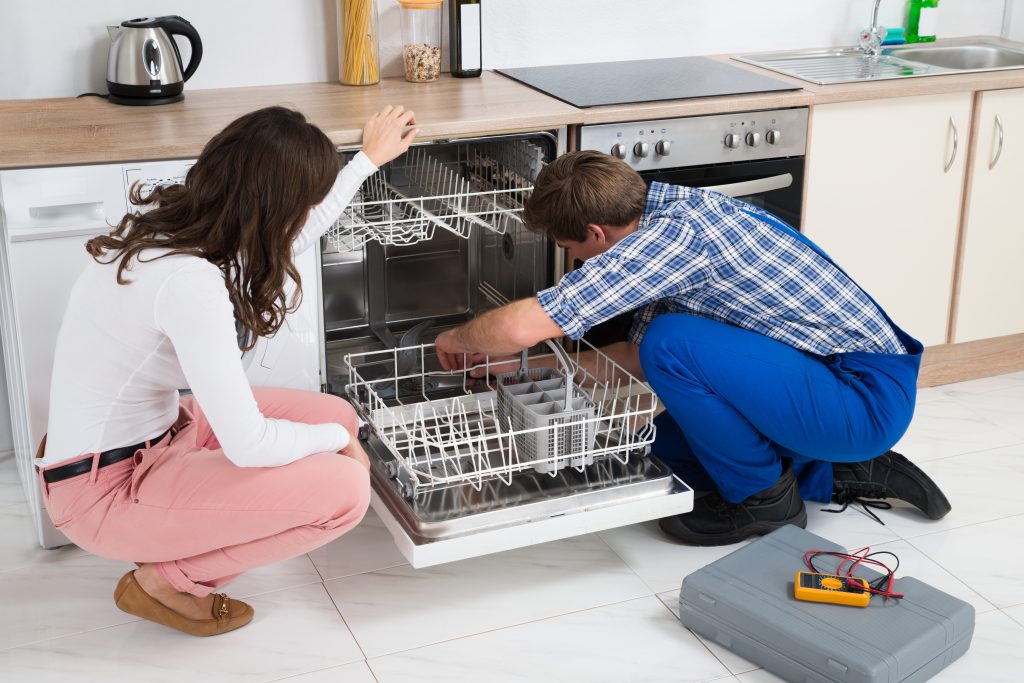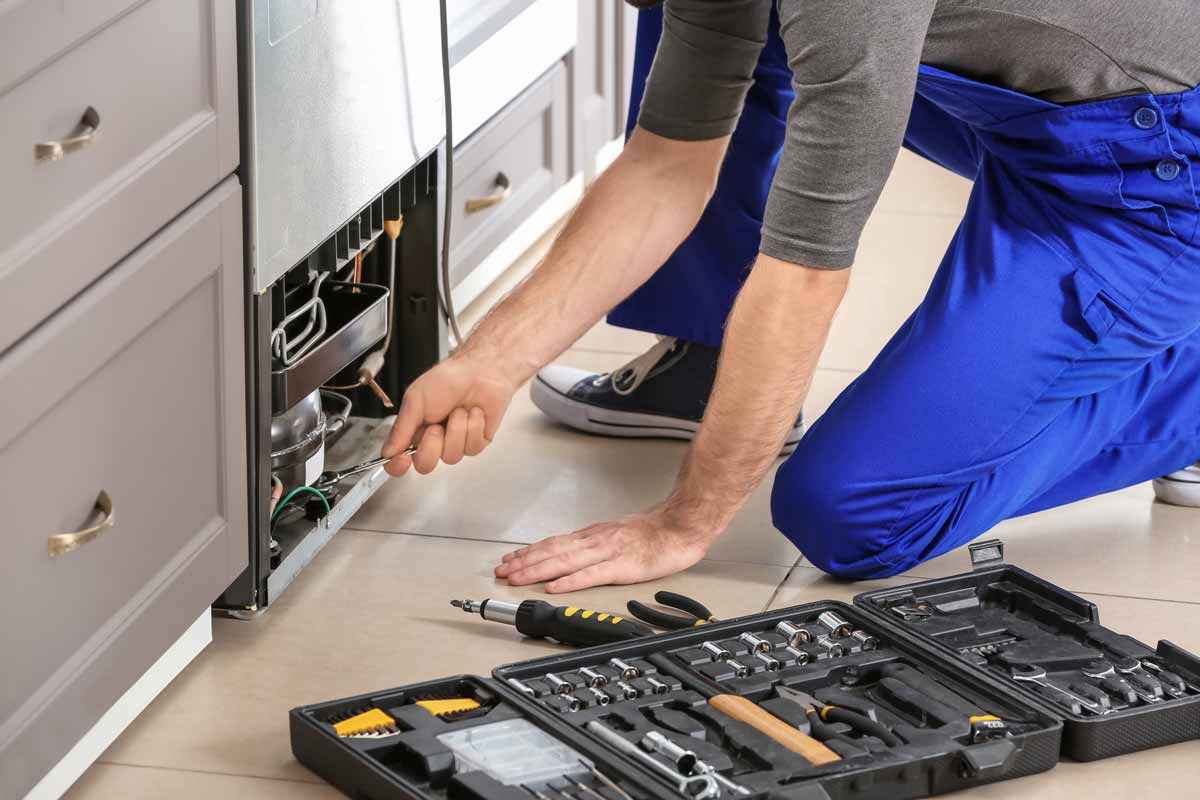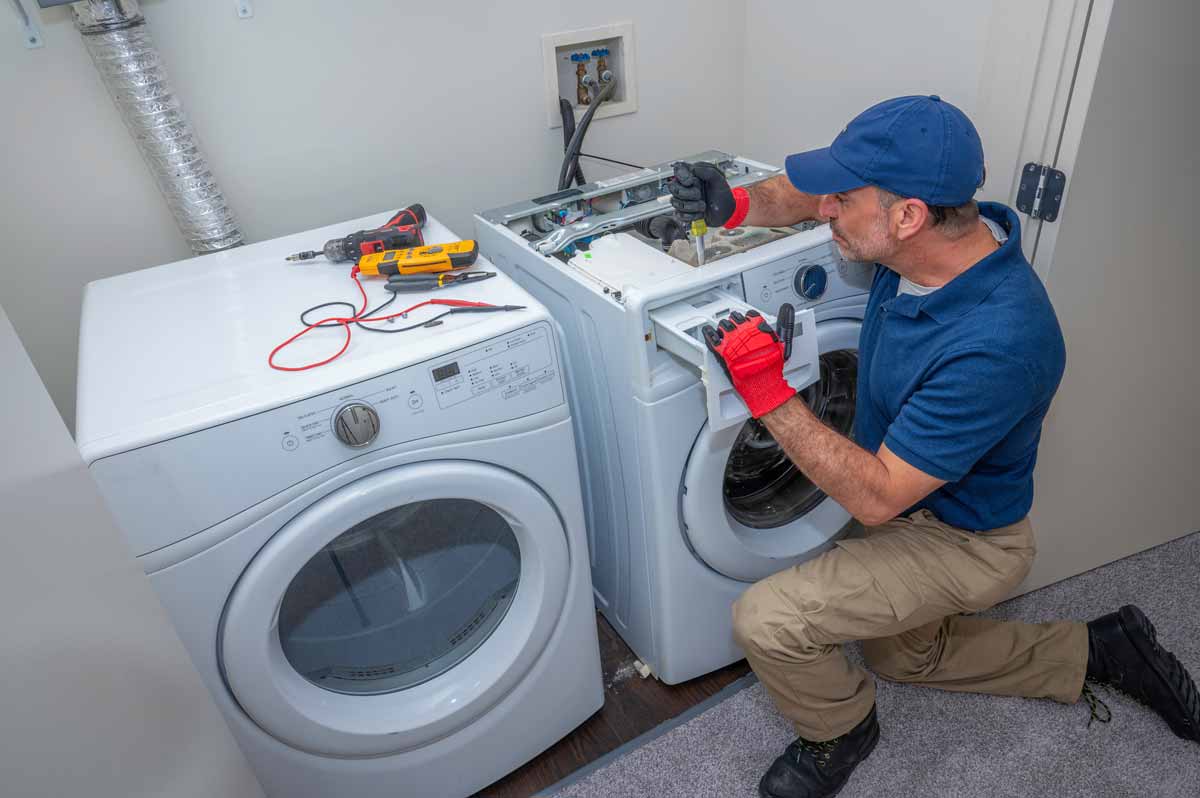Choosing appliances for your home is not a one-size-fits-all process. You will likely have your appliances for years, so finding ones that work for your home and your lifestyle is important. Before committing to a new appliance, consider the following elements to make the right choice for your household.

Appliance Size and Shape
First, consider how much space you have. Take measurements and assess what size appliance will fit where you need it to go. This will help you pare down the choices once you start looking and ensure you choose a model suitable for your home’s layout.
Energy Consumption
The cost of a new appliance doesn’t end when you purchase it. There’s still the long-term cost of energy usage to consider. Before you buy, find out how different models compare in terms of energy efficiency.
Lowering your energy usage is better for the environment and your household budget. It might be worth it to buy a more expensive appliance now if it will keep your energy costs down in the long run.
Brand Reputation and Quality
There are hundreds of different appliance makes and models. Some names may be familiar while others are totally new to you.
As you consider appliance options, note which ones meet your needs. Then, look into the current reputation of each brand—and even specific models. Research online and ask people you know if anyone has experiences or recommendations to share.
Choosing an appliance with a good reputation and track record will likely save you time, hassle, and money. From needing fewer repairs to having a longer lifespan, investing in a quality appliance pays dividends.

Household Needs
From accessibility considerations to family size, it’s important to look at your household’s needs before you buy new appliances. You want to choose appliances that support your household, not make things harder.
For example, do you have a big family that generates a lot of laundry? Consider getting a washer and dryer that can handle extra large loads. Do you entertain a lot? A large refrigerator might be a great investment.
When shopping for appliances, you’re not just looking at how much each model costs or what size it is. You’re also looking at how it will fit into your life.
If you’re in Rockaway, Chatham, or the greater Morris County area, call Morris County Appliance Repair for all your appliance questions. We offer appliance repair and maintenance services and quality appliance parts for all your DIY projects. The Morris County Appliance Repair team is fully licensed and insured and we have 50+ years of combined experience. Morris County Appliance Repair—You Can Count On Us!


